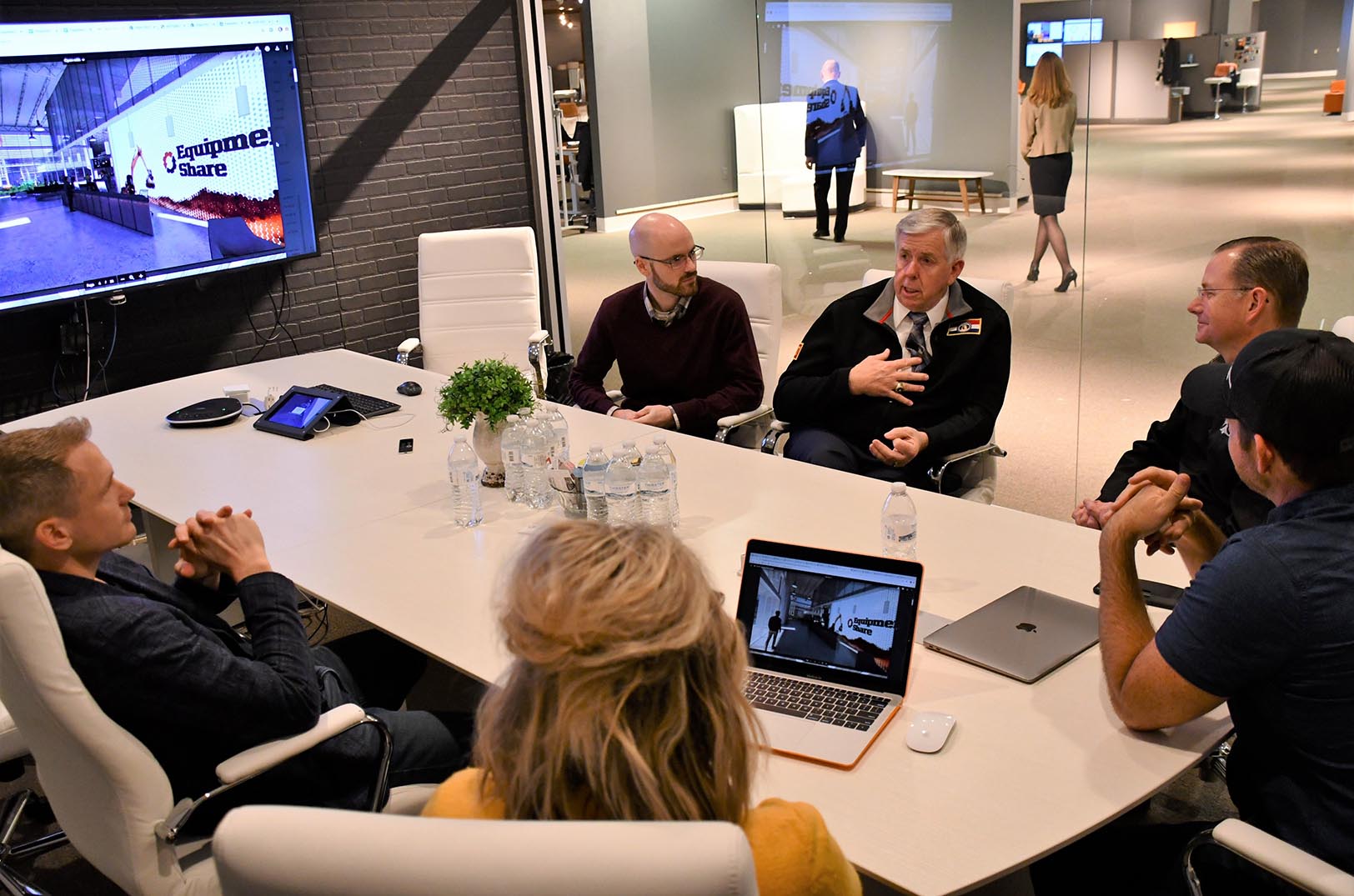The future of entrepreneurial support in Missouri could hinge on what those in the trenches say are the state’s biggest barriers to startup success, said Jack Scatizzi, announcing a new data-driven effort to reshape Missouri’s strategy for cultivating innovation.
“The initiative will include quantitative and qualitative aspects that will be incorporated into a strategic plan which will include recommendations for programs, policies, and initiatives designed to address the current and future needs of the entrepreneurial and innovation ecosystems to drive economic development in the state,” said Scatizzi, executive director of the Missouri Technology Corporation.
The first step: a statewide digital stakeholder survey that examines respondents’ access to quality entrepreneurial support services; financial capital; physical infrastructure to meet entrepreneurial needs; broadband/business infrastructure; talent; and corporate partnerships.
Click here to take the 20-minute stakeholder survey.
MTC — a public-private partnership created by the Missouri General Assembly to promote entrepreneurship and foster the growth of new and emerging high-tech companies — is teaming with global research firm TEConomy Partners on the project.
“Our intent is to forge a strategic plan that can help inform Missouri’s leadership on how best to promote entrepreneurship and advance technology and innovation across the state,” said Deborah Cummings, principal and senior director of TEConomy. “The strategy will ultimately lead to new programs and/or the reconceptualization of existing programs to address current gaps in Missouri’s entrepreneurial ecosystem.”
MTC’s strategic initiative is expected to be guided by a steering committee of about 15 thought leaders representing Missouri entrepreneurs. A quantitative analysis will compare innovation and entrepreneurship activity to peer states, while a qualitative analysis will help determine Missouri’s strengths and weaknesses.
Among the questions posed in the new stakeholder survey:
- Do certain underserved populations (i.e. racial/ethnic groups, gender, LGBTQA+, etc.) have more difficulty accessing financial capital and other resources? If so, which groups have difficulty with access, and which types of capital are limited?
- What have been Missouri’s greatest successes in the last 10 years related to entrepreneurship/innovation?
- What have been Missouri’s greatest challenges or setbacks related to entrepreneurship/innovation in the last 10 years?
- How can Missouri best advance or alter its support for entrepreneurship/innovation to meet its greatest needs?
Scatizzi, an entrepreneur and researcher himself who took over MTC leadership in February 2020, previously served as head analyst for the San Diego network of Tech Coast Angels before the St. Louis native returned to Missouri about three years ago to work with startups.
To date, MTC has made direct investments of just under $44 million into more than 135 early-stage Missouri-based high growth technology-focused companies, which have raised more than $1 billion in additional private capital.
Among the Kansas City startups to take advantage of MTC’s co-investment funding: backstitch, Little Hoots, Moblico, Mycroft, Pathfinder Health Innovations, PayIt, Popbookings, Proviera Biotech, SCD Probiotics, Sickweather, SoftVu, StoryUp, Transportant, Venture360, and VideoFizz. (Today, many of these startups are now listed among Kansas City’s VC-Backed Companies.)
Click here to see MTC’s full portfolio.
Support for startups also includes funding efforts linked to local programs like LaunchKC and Digital Sandbox KC, as well as providing funds to nine innovation centers — such as those at the University of Missouri in Kansas City and Columbia, and Innovation Stockyard in St. Joseph.
MTC also largely supports the Missouri Building Entrepreneurial Capacity (MOBEC) Program, which has provided more than $29 million in funding to nonprofits, universities and other organizations that offer entrepreneurial support programs.
Click here to read more about MTC’s impact on the state’s entrepreneur ecosystem.








































